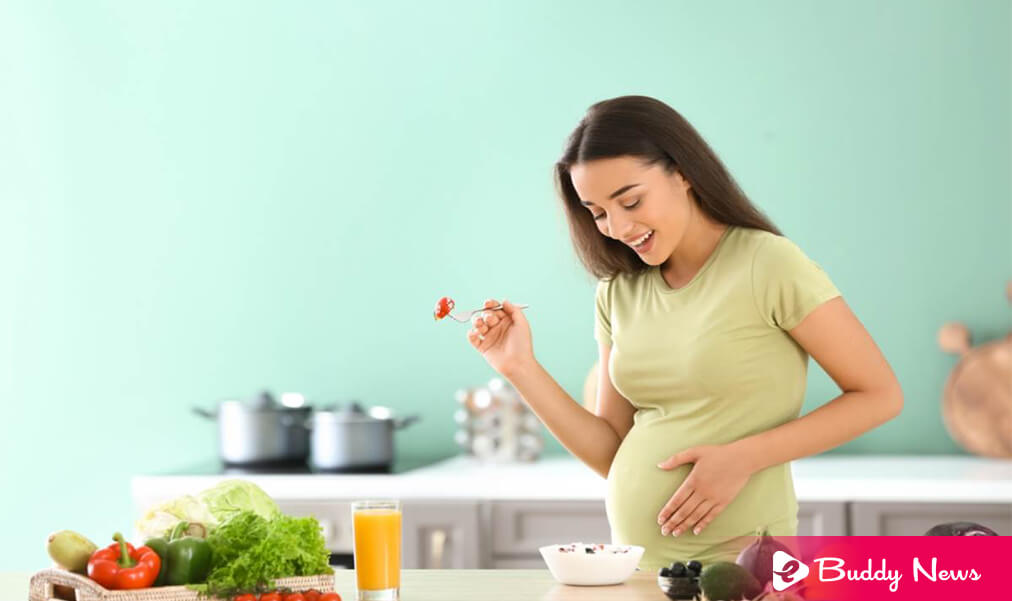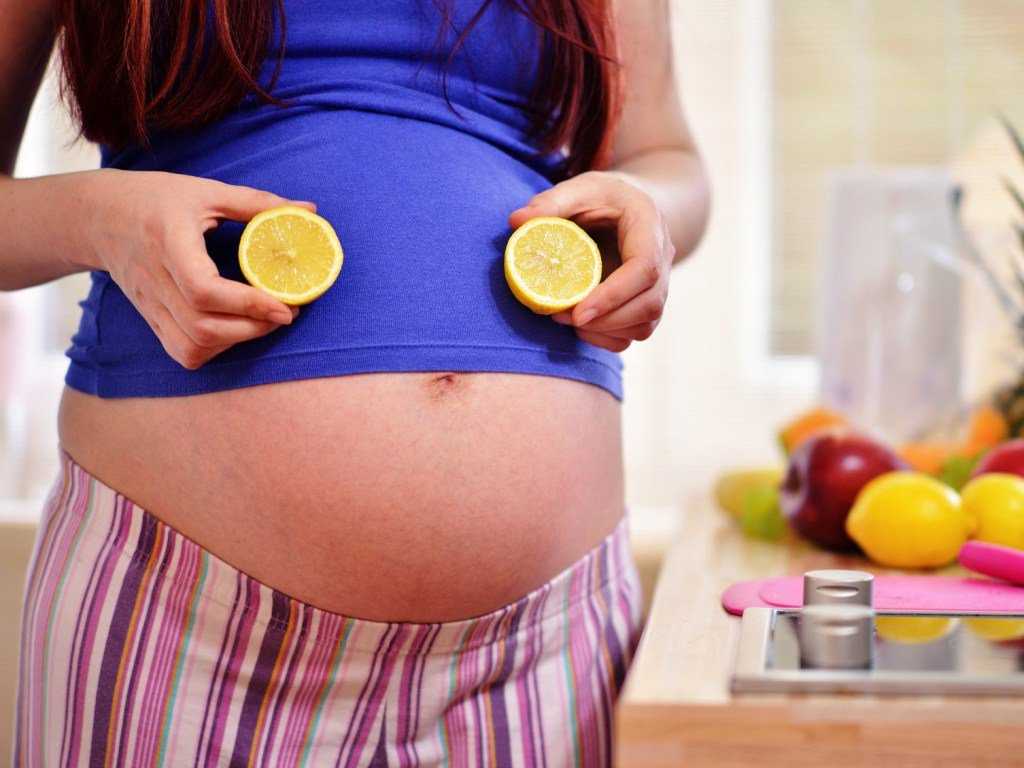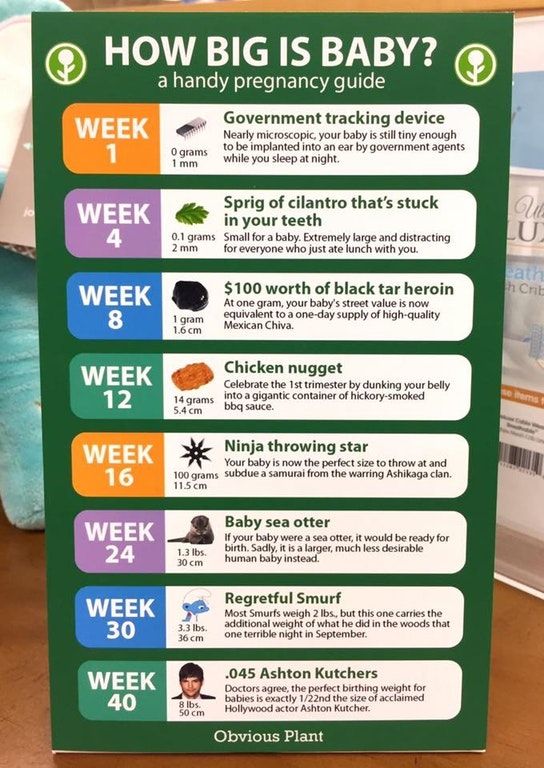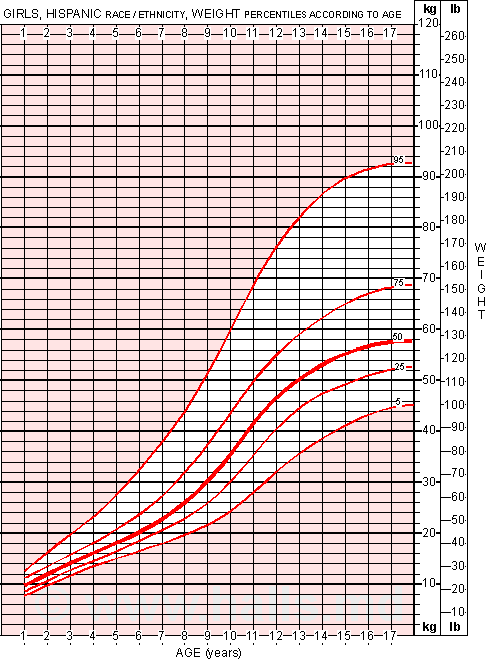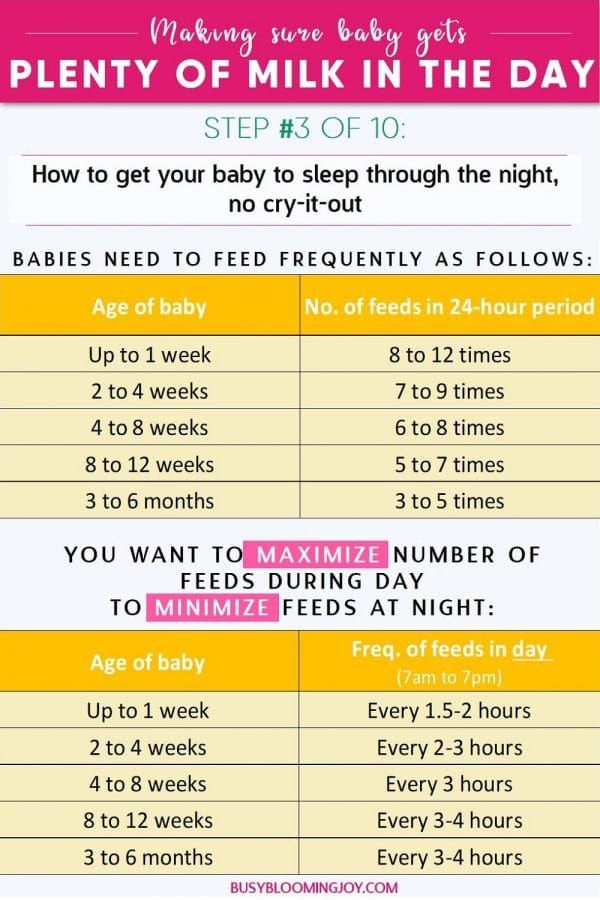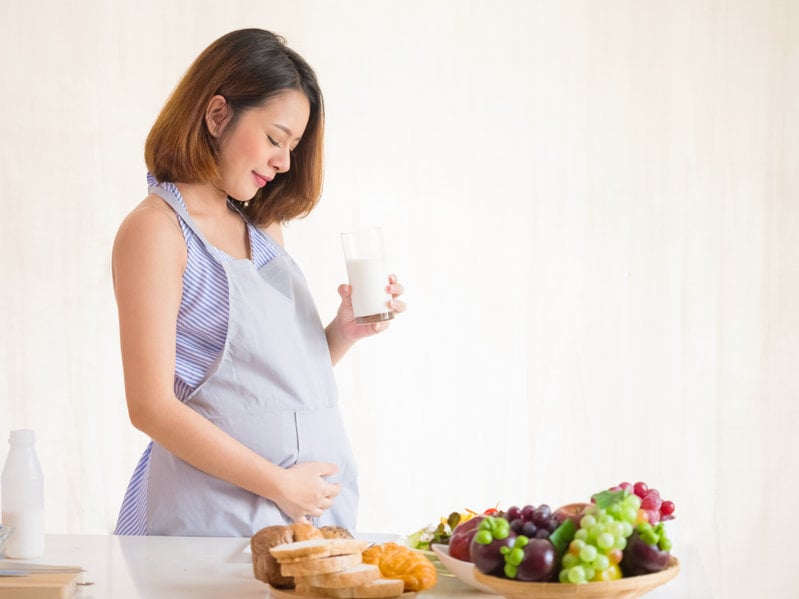What tea is good during pregnancy
Is Tea Safe During Pregnancy?
Tea is one of the most popular beverages worldwide — and one that many women continue to enjoy during pregnancy.
Some drink it to simply decompress or help meet the increased fluid needs of pregnancy. However, a proportion of women appear to use tea as a natural remedy for pregnancy-related symptoms or as a tonic to prepare for childbirth in the last weeks of pregnancy (1).
Many may believe that tea is probably safe to drink while pregnant because it’s natural. In reality, women may benefit from reducing their intake of certain teas, while completely avoiding others throughout their pregnancy.
This article discusses the safety of tea during pregnancy, including which teas pregnant women may continue to drink, and which they may want to avoid.
Black, green, white, matcha, chai, and oolong teas are all sourced from the leaves of the Camellia sinensis plant. They contain caffeine — a natural stimulant that should be limited during pregnancy.
They each provide approximately the following amount of caffeine per cup (240 mL) (2, 3, 4, 5, 6):
- matcha: 60–80 mg
- oolong tea: 38–58 mg
- black tea: 47–53 mg
- chai: 47–53 mg
- white tea: 25–50 mg
- green tea: 29–49 mg
Caffeine can easily cross the placenta, and your baby’s immature liver has difficulty breaking it down. As such, infants are more likely to experience side effects from amounts of caffeine that would otherwise be considered safe for adults.
Research suggests that infants exposed to too much caffeine during pregnancy may have a higher risk of being born preterm or with a low birth weight or birth defects. High caffeine intake during pregnancy may also increase the risk of miscarriage or stillbirth (7, 8, 9).
These risks appear minimal when pregnant women limit their caffeine intake to a maximum of 300 mg per day (8).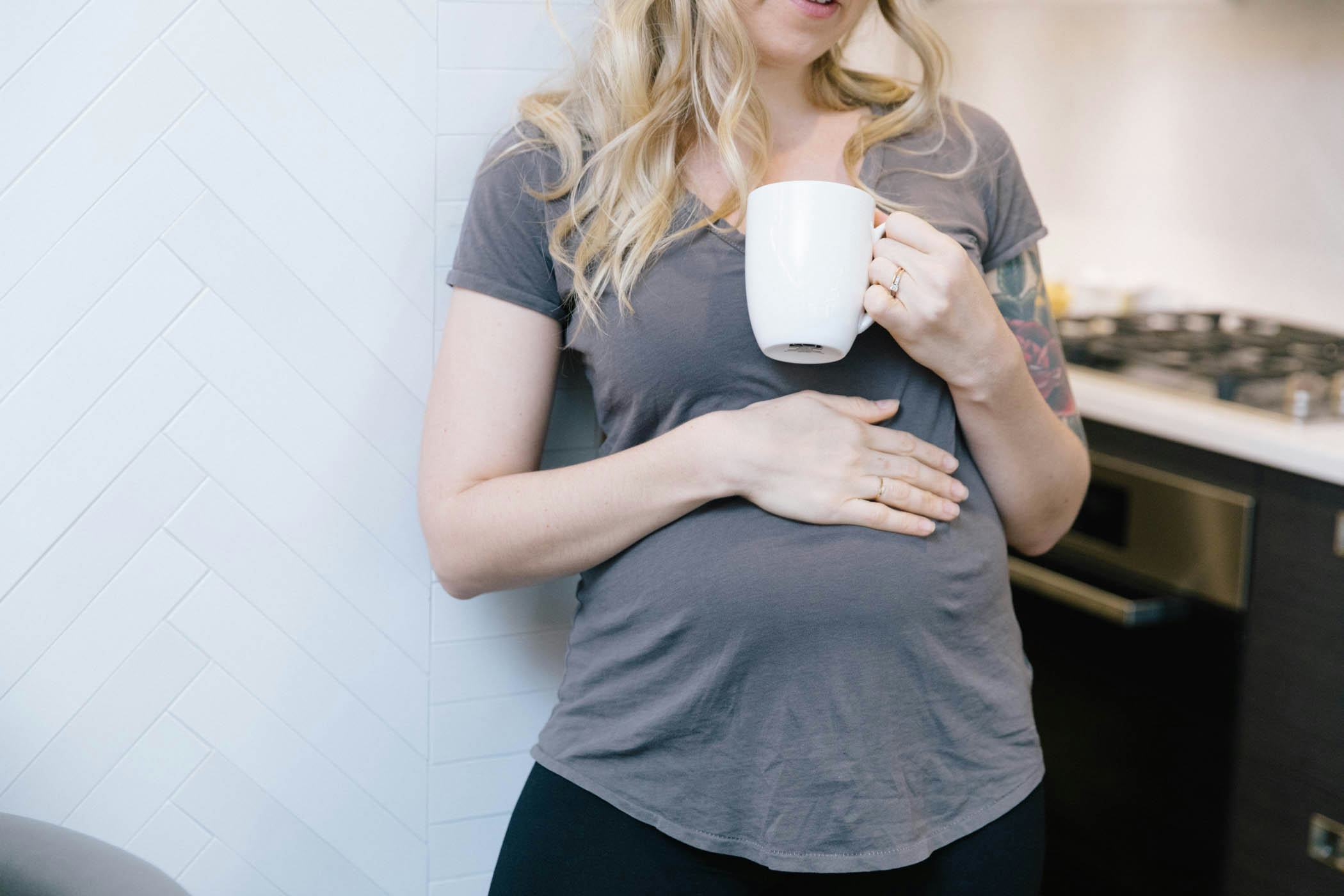
However, some women’s genetics may make them more sensitive to the ill effects of caffeine. For instance, research suggests that this small proportion of women may have a 2.4 times higher risk of miscarriage when consuming 100–300 mg of caffeine per day (8).
Caffeinated teas contain less caffeine than coffee and are generally considered safe to drink during pregnancy. However, their intake may need to be limited to avoid consuming too much caffeine per day (10, 11).
summaryBlack, green, matcha, oolong, white, and chai teas contain caffeine, a stimulant that should be limited during pregnancy. Although they’re generally safe, women may benefit from limiting their daily intake of these caffeinated teas during pregnancy.
Herbal teas are made from dried fruits, flowers, spices, or herbs and therefore contain no caffeine. However, they may contain other compounds considered unsafe during pregnancy, which may result in risky side effects.
Miscarriage or preterm labor
Teas that may increase your risk of miscarriage or preterm labor include (11, 12, 13, 14, 15):
- fennel
- fenugreek
- sage
- vervain
- borage
- pennyroyal
- licorice
- thyme
- motherwort
- lovage
- blue cohosh
- black cohosh
- frankincense (in large amounts)
- chamomile (in large amounts)
Teas that may stimulate or increase menstrual bleeding include (12, 16, 17):
- motherwort
- lovage
- frankincense
Birth defects
Teas that may increase the risk of birth defects include (12):
- motherwort
- borage
Other side effects
Moreover, in rare cases, eucalyptus tea may cause nausea, vomiting, or diarrhea. What’s more, a case report suggests that regularly drinking chamomile tea during pregnancy may result in poor blood flow through a baby’s heart (1, 12).
Certain herbal teas may also contain compounds that interact with medications. Therefore, pregnant women should inform their healthcare providers of any herbal teas they are currently consuming or planning on consuming at any time during pregnancy (1).
Keep in mind that, due to the limited amount of research on the safety of herbal teas, a lack of evidence of negative side effects shouldn’t be seen as proof that the tea is safe to drink during pregnancy.
Until more is known, it may be best for pregnant women to remain cautious and avoid drinking any teas that have not yet been shown to be likely safe during pregnancy (18).
summaryCertain herbal teas may be linked to a higher risk of upset stomach, menstrual bleeding, miscarriage, birth defects, or preterm birth. Pregnant women may benefit from avoiding all teas not yet deemed as likely safe for pregnancy.
Teas are not strictly tested or regulated. This means that women may be inadvertently drinking teas contaminated with unwanted compounds, such as heavy metals (19, 20).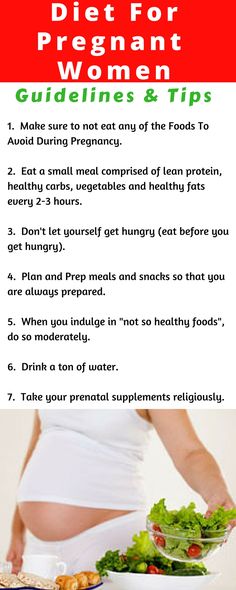
For instance, one study tested common off-the-shelf black, green, white, and oolong teas. It found that 20% of all samples were contaminated with aluminum. Moreover, 73% of all samples contained lead levels considered unsafe during pregnancy (21).
In another study, women with the highest intake of green and herbal teas during the first trimester of pregnancy had 6–14% higher blood lead levels than those who drank the least. That said, all blood lead levels remained within the normal range (20).
Due to the lack of regulation, there’s also a risk of herbal teas containing ingredients not listed on the label. This increases the risk that pregnant women end up inadvertently consuming a tea tainted with an undesirable herb, such as the ones listed above.
It’s currently impossible to eliminate this risk. However, you may somewhat minimize it by only purchasing teas from reputable brands.
What’s more, it’s likely best to avoid purchasing teas in bulk, as they have a higher risk of becoming mixed with tea leaves that may be contraindicated during pregnancy from adjacent bulk bins.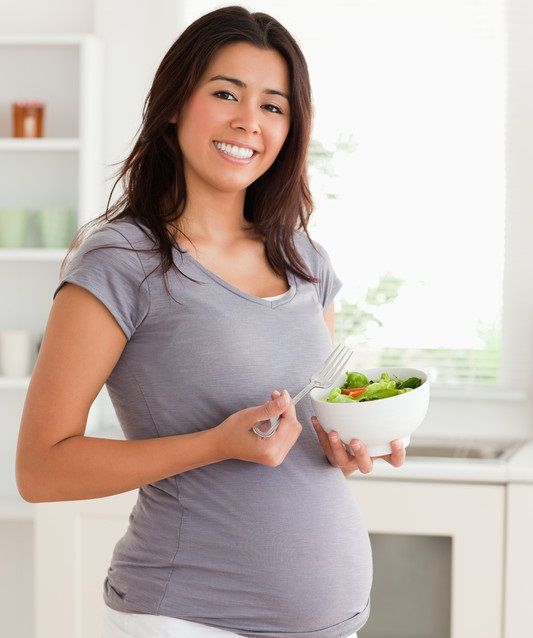
summaryThe manufacturing of teas is not regulated. As a result, teas may become tainted with unwanted compounds, such as heavy metals or herbs that have been linked to poor pregnancy outcomes.
Most caffeinated teas are considered safe to drink during pregnancy, as long as they do not cause a woman’s total daily caffeine intake to exceed 300 mg (8, 11).
Women who are particularly sensitive to caffeine may benefit from aiming for a maximum of 100 mg of caffeine per day (8).
When it comes to herbal teas, there’s not a lot of research regarding their effects during pregnancy. As such, most health professionals advise pregnant women to avoid consuming any herb in amounts greater than you would find in foods (1, 12, 18).
That said, according to a few studies, herbal teas containing the following ingredients may be safe to consume during pregnancy:
- Raspberry leaf. This tea is considered likely safe and believed to shorten labor and help prepare the uterus for birth.
 Research shows that it may shorten the length of the second stage of labor, but only by about 10 minutes (11, 22).
Research shows that it may shorten the length of the second stage of labor, but only by about 10 minutes (11, 22). - Peppermint. This tea is considered likely safe and commonly used to help relieve gas, nausea, stomach pain, or heartburn. However, no studies could be found to support these benefits (12).
- Ginger. Ginger is one of the most studied herb remedies during pregnancy and considered possibly safe. Research suggests it reduces nausea and vomiting but, when consumed dried, should not exceed 1 gram per day (1, 12).
- Lemon balm. This tea is considered possibly safe and commonly used to relieve anxiety, irritability, and insomnia. However, no study could be found to support these uses, and its safety hasn’t been studied in pregnancy (11).
Although generally considered safe, raspberry leaf may promote uterine contractions while peppermint may stimulate menstrual flow. Therefore, there’s some controversy regarding whether these teas are safe during the first trimester of pregnancy (12, 23).
Therefore, it may be best to avoid drinking these two teas in the first 12 weeks of pregnancy.
summaryHerbal teas considered to be possibly safe or likely safe during pregnancy include raspberry leaf, peppermint, ginger, and lemon balm teas. However, it may be best to avoid raspberry leaf and peppermint teas in the first trimester of pregnancy.
Despite their widespread popularity, not all teas are deemed safe for pregnancy.
Caffeinated teas like black, green, white, matcha, and chai teas are generally considered safe. However, their intake may need to be limited to avoid ingesting excessive amounts of caffeine.
Most herbal teas should be avoided. Raspberry leaf, peppermint, ginger, and lemon balm tea are the only ones currently deemed as potentially safe. However, women may benefit from avoiding the first two during their first trimester of pregnancy.
Top Five Teas to Drink During Pregnancy And Teas To Avoid
Now reading: Top Five Teas to Drink During Pregnancy And Teas To Avoid
PrevNextAre you expecting and wondering what changes you might want to consider to best take care of your own wellbeing and the new baby's heal as well? Especially when it comes to hydration and teas? Here we share some great options for you to try, also a some to avoid during your pregnancy to best nourish your own body and the new baby.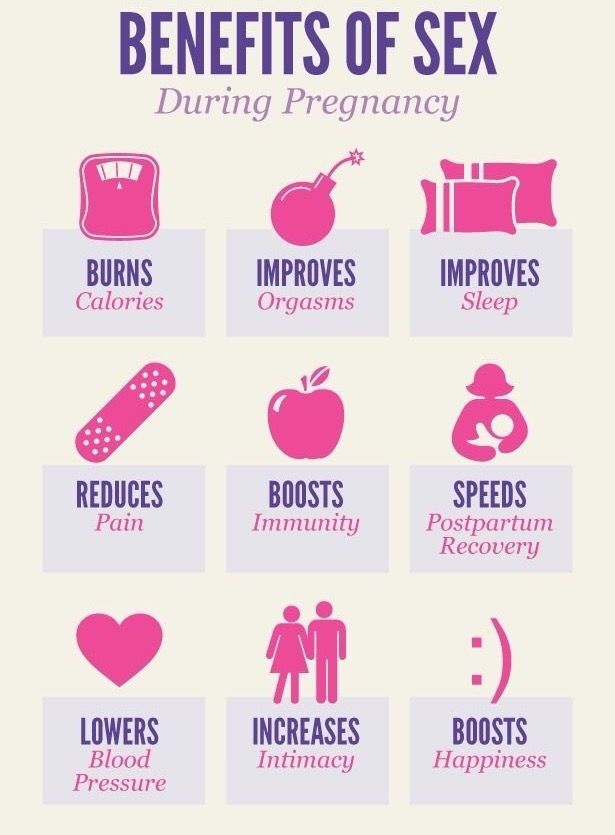
BE MINDFUL OF YOUR CAFFEINE INTAKE
As you may be aware while growing a human being inside of your body is no small deal! Your body is changing a lot and taking on a way more responsibilities than prior. Something quite commonly recommended by doctors is to cut down your caffeine intake (and perhaps your nightly glass of wine). Studies have shown caffeine easily crosses the placenta and it's difficult for the new baby’s growing liver to break down normal amounts of caffeine. For this reason, it's very important that you consume less caffeine and always consult your doctor if you have a concern. While true teas, from the Camellia sinensis plant, such as green teas, black teas, matcha etc always contain caffeine in varying levels. Matter of fact matcha contains the most with an average of 60-80 mg per cup, black tea contains about 47-53 mg, and green tea contains the least amount of caffeine with 29-49 mg per cup. Herbal teas or tisanes (flower teas) offer a lovely option as they are naturally caffeine free and deeply relaxing, especially for the evenings.
Top Five Teas to Drink During Pregnancy
Although caffeinated teas are safe to drink in moderation, you may want to consider enjoying some herbal teas, tisanes, or flower teas. Here we share our top 5 favorite herbal tea options.
1. Ginger
Ginger teas are considered safe to drink during pregnancy and ginger has been known to help with nausea, vomiting, and morning sickness. It may also help relieve pain and inflammation, and contain cancer-fighting properties.
2.
Lemon BalmLemon balm has been used by pregnant women for many many years to help relieve anxiety, irritability, and insomnia.
3. Peppermint
Peppermint tea has been shown to relieve gas, stomach cramps, nausea, and heartburn in pregnant women.
Get Rose Flower Tea for $5 off today using the code “5OFF”
4. Rose
Rose tea for pregnancy, it has been known to contain high vitamin C content, anti-inflammatory, anti-bacteria, and anti-septic properties.
5. Raspberry Leaf
Raspberry leaf tea has been shown to shorten labor and help prepare the uterus for birth.
TOP 11 TEAS TO AVOID WHEN PREGNANT
Although most herbal teas are safe to drink when pregnant, there are some teas that have been associated with an increased risk of miscarriage and preterm labor.
These teas include but not limited to:
- Fennel
- Fenugreek
- Sage
- Vervain
- Borage
- Pennyroyal
- Licorice
- Thyme
- Motherwort
- Lovage
- Chamomile
SHOP ROSE TEA TODAY WITH CODE "5OFF" FOR $5 OFF!
Is it possible to drink tea during pregnancy and which varieties to pay special attention to - an article on TCHK
During pregnancy, women have a lot of questions about what they can and cannot do. Including many, it is important to know how to build their relationship with tea during an interesting situation. What is the best tea for pregnant women? How much and when? In this article, we have collected all the most important information regarding this issue.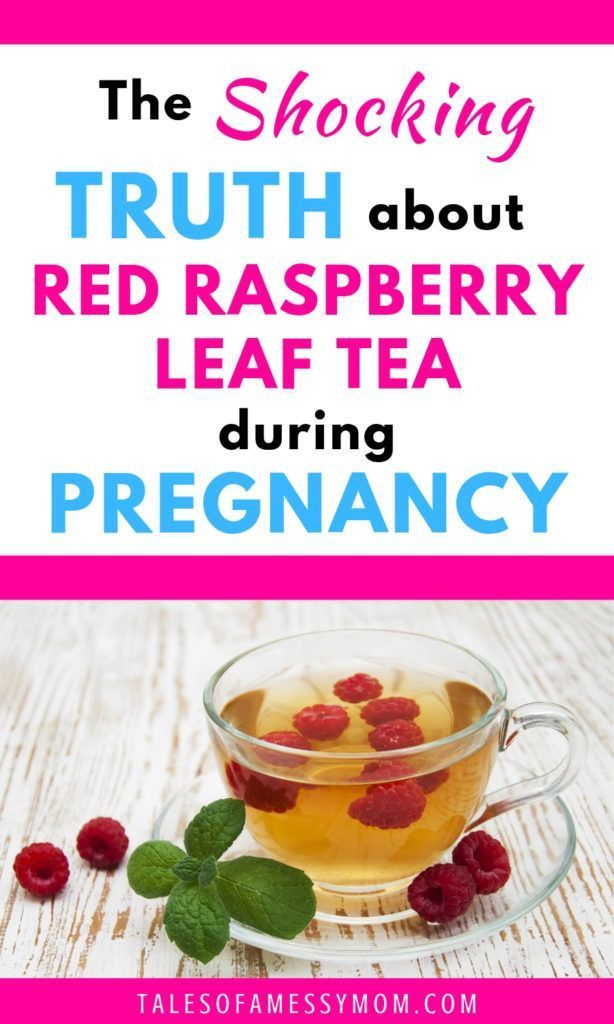
Classic tea during pregnancy (black, green, pu-erh, etc.)
If you like to drink black tea, during pregnancy you should remember that this drink contains caffeine, and the norm of this substance for a pregnant woman is 200-300 mg per day. Of course, no one carries a special tea calculator in their pocket, and calculating exactly how much caffeine you get with each cup is quite difficult. That is why it is better to brew black tea weakly (by pouring for 10-15 seconds) or diluted with more water (if you prefer this method of preparation).
The same rules apply to those who like to drink green tea, as well as white, yellow, oolong and pu-erh. There is no less caffeine in these types of tea than in classic black (and even more in matcha). General medical advice for healthy women comes down to the advice not to drink more than 3 cups of regular tea made from the leaves of the tea bush.
Caffeine can easily cross the placenta and the baby's immature liver has difficulty breaking it down.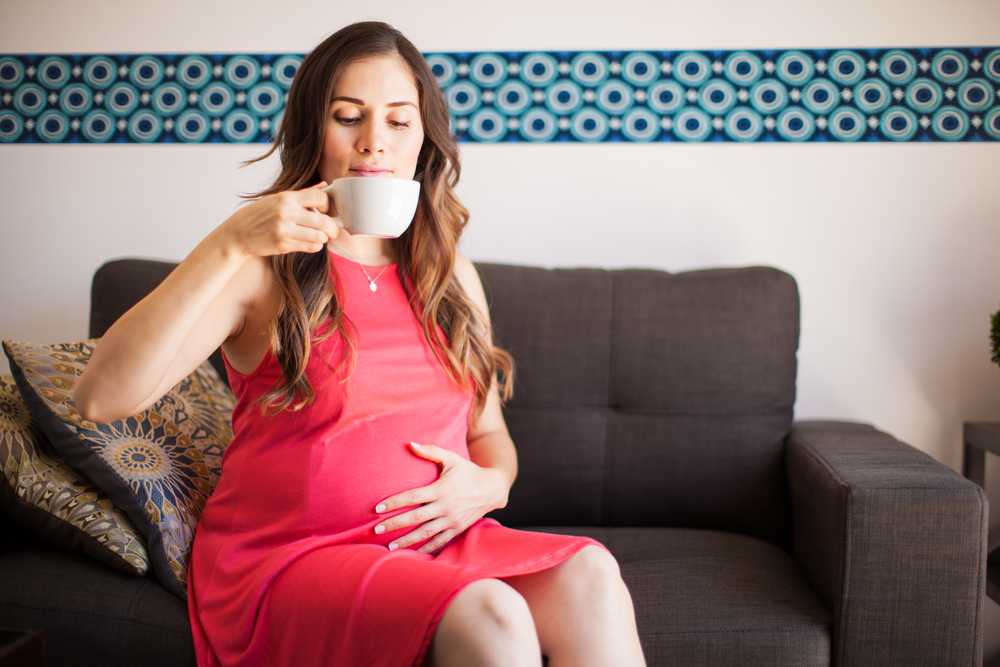 Thus, infants are more likely to experience side effects from amounts of caffeine that would be considered safe for adults.
Thus, infants are more likely to experience side effects from amounts of caffeine that would be considered safe for adults.
It is important to remember that caffeine is also found in many carbonated drinks, chocolate, cocoa and coffee itself. Therefore, when measuring for yourself the allowable amount of tea, consider other products that you consume per day.
Pregnancy tisanes
If you can give up traditional tea without loss of quality of life and mood, look at other types of drinks.
The undisputed leader in this hit parade is rooibos - tisane, which does not contain caffeine and is allowed for both pregnant and lactating women, as well as children. Hibiscus, kuqiao, anchan and ivan tea are also considered safe, but, like any herbal drinks, these tisanes should be alternated without getting carried away by any one type.
Herbal teas for pregnant women (herbal teas)
Although it is common to think that herbal teas are more beneficial for pregnant women than classic ones, this is actually a very controversial issue.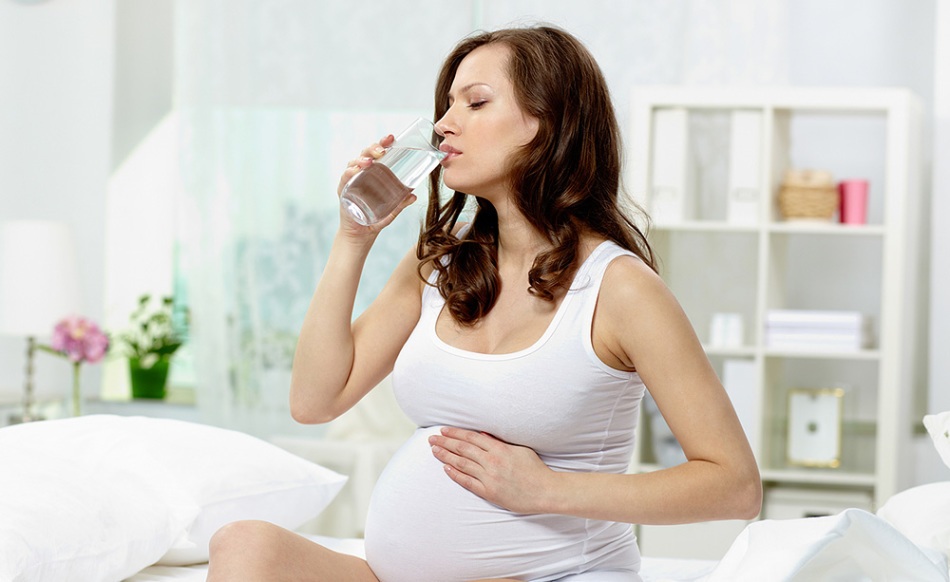 As with the traditional tea leaf, a pregnant woman should use any herbal drink in moderation, as even the safest plants in large quantities can harm the baby.
As with the traditional tea leaf, a pregnant woman should use any herbal drink in moderation, as even the safest plants in large quantities can harm the baby.
The most useful herbal tea for pregnant women
You may be surprised, but this tea is made from raspberry leaves. Medical studies have shown that red raspberry leaf can be safely consumed during pregnancy. Many midwives and herbalists believe that regular consumption of raspberry leaf tea can help prevent pregnancy complications such as preeclampsia, preterm labor, prolonged labor and postpartum hemorrhage, as well as reduce the duration of labor and the number of interventions used, including caesarean section. . In addition, raspberry leaf helps prevent too early or too late delivery.
Teas for toxemia
For many women in early pregnancy (and sometimes longer) it is very important to find their own way to cope with nausea caused by toxemia. Properly selected tea can be a good way to solve this problem.
Tea with mint
The fresh cool aroma of mint becomes a real salvation for many pregnant women during toxicosis - the essential oils of this plant can alleviate the symptoms of the disease. Not recommended in the first trimester.
Ginger tea
Ginger root helps to relieve nausea and vomiting, it is also considered the first aid in toxicosis. Use with caution if you have stomach problems.
Chamomile tea
Chamomile tea also helps women suffering from toxicosis, and in addition, it has a positive effect on the nervous system and helps with thrush. Despite the fact that it is considered useful for pregnant women, you should not get carried away with it - an overdose can have an abortive effect.
Healthy supplements for tea
It is very important for a pregnant woman to get the maximum amount of nutrients per day (without fanaticism, of course). That is why adding a little honey, berries or fruits to your tea can be a good idea.
Tea with lemon
This tea is worth drinking to prevent the symptoms of toxicosis and overall strengthening of the immune system. Not recommended if a woman has stomach problems (gastritis, heartburn, etc.).
Tea with honey
A spoon of honey will always make your drink better and healthier (at least if you are not allergic to honey components). It is a good source of antioxidants, natural prebiotic and antibacterial.
Tea with berries
Raspberries, cranberries, sea buckthorn, currants, strawberries - you can continue this list according to your taste. By adding berries to tea, you enrich it with vitamins, minerals and antioxidants.
Which tea should not be drunk by pregnant women?
According to doctors, women should beware of the use of teas, which are largely contained by the following plants:
-
Cauline
-
Verbena
-
Cucumber 9000
- 9000 9000 00 9000 9000 9000 9000 9000 9000 9000 9000 9000 9000 9000 9000 9000 9000 9000 9000 9000 9000 9000 9000 9000 9000 9000 9000 9000 9000 9000 9000 9000 9000 9000 9000 9000 9000 9000 9000 9000 9000 9000 9000 9000 9000 9000 9000 9000 9000 9000 9000 9000 9000 9000 LACK thyme
-
motherwort
-
lovage
-
ginseng
-
celandine
-
sagan-daily
These plants have abortive properties or can harm the child (delayed development, risk of intrauterine defects).
*This article summarizes the best studies of evidence-based medicine over the years. However, it is not a guide to action, so before allowing yourself coffee during pregnancy, be sure to check with your doctor.
Is it possible to drink tea during pregnancy, contraindications Articles about tea
« back Is tea good for pregnancy? 17.06.2020 21:23Content:
A pregnant woman can drink water, juices, decaffeinated drinks. What to do if you want tea during pregnancy? Is it possible to drink tea during pregnancy? Obstetrician-gynecologists advise drinking water, fruit and berry juices, herbal infusions, compotes and tea during pregnancy.
The choice of variety must be treated responsibly. To get the maximum benefit, you need to know how to brew Chinese tea.
Useful properties of tea for pregnant womenPregnant women may drink some teas in moderation.
Which tea is contraindicated during pregnancy? Women during pregnancy are contraindicated:
To rule out possible harm from drinks, you should consult your doctor before drinking. |

